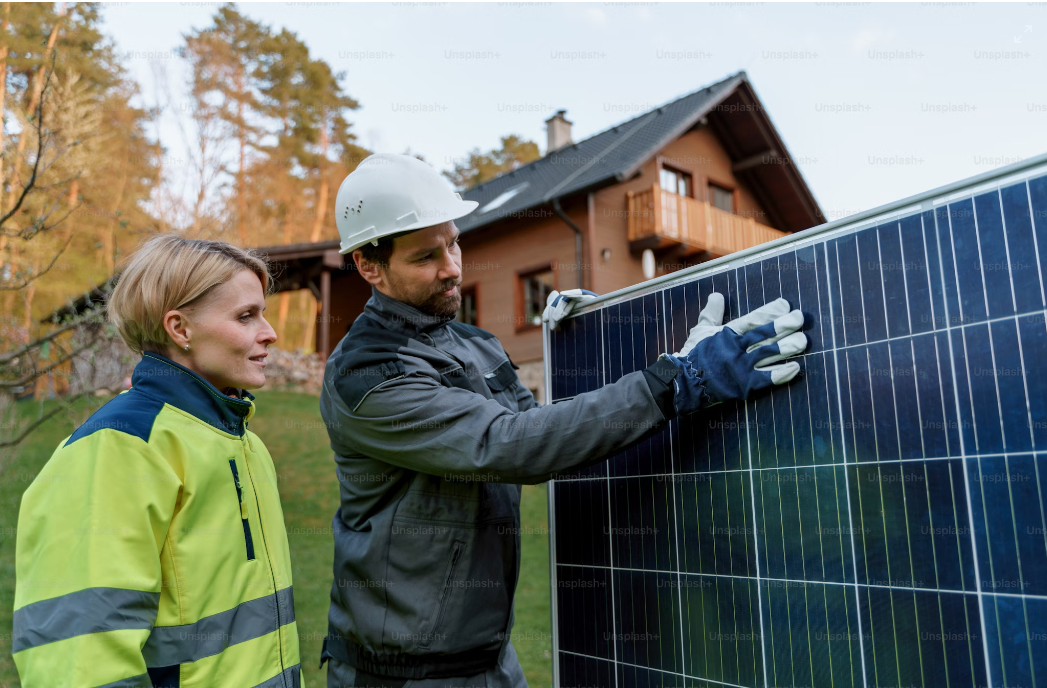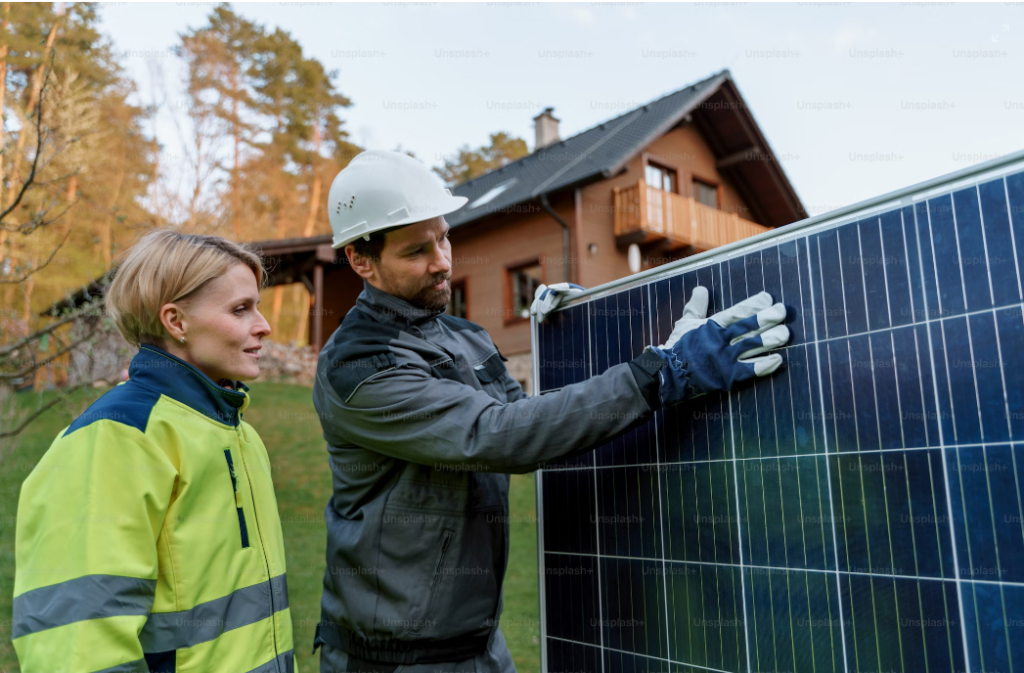
META: The construction industry faces many challenges in terms of sustainability. Read more to find out how prefabricated solutions pave the way to making construction greener.
The construction industry faces a few unique challenges when it comes to sustainability and environmental responsibility.
Historically, traditional construction methods often involve significant waste, high energy consumption, and quite a high impact on the environment. However, prefabricated solutions offer a promising avenue for making construction greener.
To learn more about how prefabricated solutions can transform your construction projects and help build a greener future, click here.
In this article, we explore how prefabrication can revolutionise the construction industry and contribute to a more sustainable future.
Reducing Waste and Material Consumption
One of the main benefits of prefabricated solutions is their ability to reduce waste and the consumption of materials.
This is because prefabricated components are manufactured off-site in controlled factory environments, where precise measurements and efficient production processes minimise waste.
What’s more, the use of computer-aided design (CAD) and building information modelling (BIM) technologies allows for optimal use of materials, which reduces waste even further.
By manufacturing building components in sections off-site, like walls, floors, and roof panels, construction projects can significantly decrease their environmental footprint. Prefabrication also allows for the reuse and recycling of materials, which adds to the sustainability efforts within the construction industry.
Energy Efficiency and Green Building Practices
Prefabricated solutions allow for the implementation of advanced insulation, high-performance windows, and renewable energy systems, which results in buildings that are more energy-efficient and environmentally friendly.
In addition to this, prefabrication adopts modular construction techniques, promote the efficient use of resources and lower energy consumption during construction.
Modular buildings can be designed to make use of natural light and ventilation, reducing the need for artificial lighting and HVAC systems. They also allow for energy-efficient fixtures and appliances, increasing energy performance and sustainability.
Promoting Sustainable Transportation and Logistics
Prefabricated solutions contribute to greener construction practices by reducing the environmental impact of transportation and logistics.
By manufacturing building components off-site and transporting them to the construction site, the need for on-site storage and transportation of materials is minimised, reducing carbon emissions and traffic congestion.
Furthermore, prefabricated solutions enable just-in-time delivery of components, ensuring that materials are delivered to the construction site only when needed, reducing the risk of theft, damage, and waste.
Transportation routes and vehicle emissions are also optimised and reduced, ensuring the carbon footprint declines.
Embracing Innovation and Technology
Innovation and technology within the industry help promote sustainability.
Prefabricated solutions and advanced manufacturing techniques, such as robotic automation and 3D printing, enable the rapid production of high-quality building components with minimal waste.
The industry also has adopted smart building technologies, such as sensors, controls, and automation systems, which optimise energy usage, improve occupant comfort, and reduce operational costs.
By embracing innovation and technology, prefabricated solutions pave the way for a more sustainable and environmentally responsible construction industry.
A promising future
Prefabricated solutions offer a promising pathway to making construction greener and more sustainable.
By reducing waste and material consumption, promoting energy efficiency and green building practices, minimising transportation emissions, and embracing innovation and technology, prefabrication can really make an impact in the construction industry and contribute to a more sustainable future.

